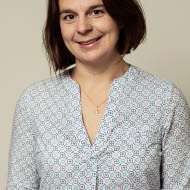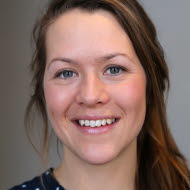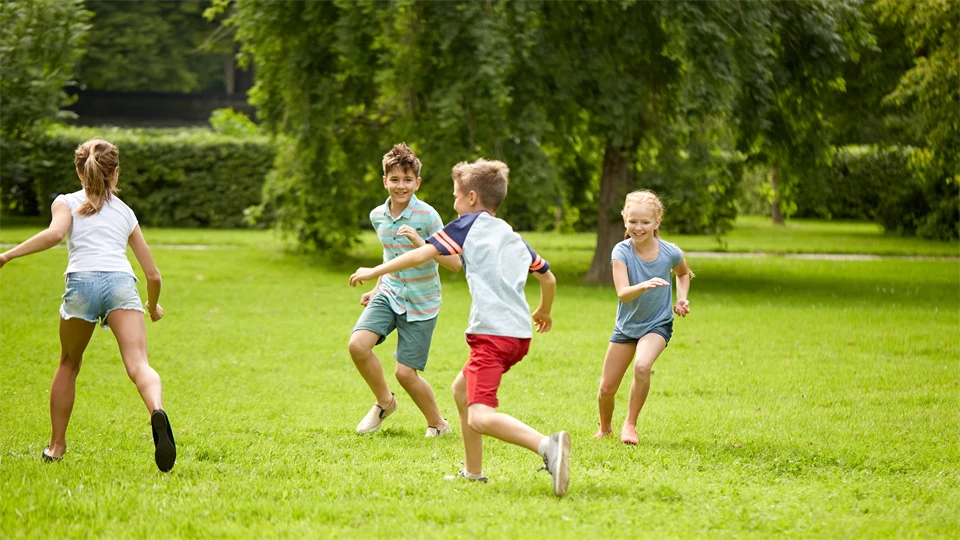Active life ‑ also for children and adolescents with disabilities
The purpose of this research study is to increase opportunities for movement, both everyday physical activity and sports participation, in children and adolescents with intellectual disabilities.
People with intellectual disability (ID) are a group in our society where health is less good than in the general population, this was clearly shown for all age groups 16-84 years in the final report from the Public Health Agency of Sweden, 2016.
Physical activity has a strong dose-response relationship between performing physical activity and increased well-being and reduces the risk of several diseases such as type 2 diabetes, and cardiovascular diseases. Physical activity also reduces the risk of mental illnesses such as anxiety and depression.
Research shows that there is an acceptance in society that people with disabilities are much less physically active than the population at large. There seems to be a kind of "kindness perspective" that you do not want to expose people with ID to risks, discomfort and complications and by not offering sufficient physical activity, the reverse happens (Cartwright et al. 2016). Another reason is that there is often a lack of knowledge about physical activity among staff and teachers and that the special school lacks specially trained physical education teachers.
This project expands knowledge about physical activity and sports participation among children and young people with disabilities during both school hours and leisure time. This enables healthcare, school, care, and sports to prioritize further efforts to promote health early in life; And thereby work preventively and reduce future costs of health care.
The research project will measure activity levels and health in children and adolescents aged 9-20 years. Both children and adolescents in compulsory school, upper secondary school, special needs compulsory school and special upper secondary school and compare the results between special schools and non-special schools. The project will also observe the students during their PE lessons as well as interview parents and teachers about the children's/adolescent's opportunities and habits for physical activity.
Facts
Project period
230101—251231
Partners
- Östersunds kommun
Research centers
Departments
Subjects
Research groups
Municipal cooperation
Project leader

Project members



